Spain travel guide 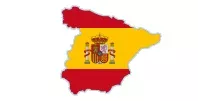
Sun, beaches, football, sangria, tapas, siesta - how better to describe Spain? :) A great destination not only for a summer vacation. Our online guide will advise you on which of the wonderful Spanish cities to go to, where to stay, what to taste and so on.
Madrid - The Spanish capital full of life, culture and historical monuments that offers a unique mix of modern and traditional Spain.
Barcelona - The capital of Catalonia, you will find beaches, a historic center and unique Gaudí architecture
Valencia - This seaside city can be characterized by three points - beautiful beaches, paella and modern architecture (Ciudad de las Artes y las Ciencias).
Seville - A city that charms with its historical monuments, temperamental flamenco, and unique Andalusian culture.
Granada - Boasting the magnificent Alhambra, which combines Moorish and Spanish architecture, it is known for its rich history and magical atmosphere.
Malaga - A seaside resort on the Costa del Sol that attracts visitors with its sunny weather, beaches, Pablo Picasso museum and rich cultural heritage.
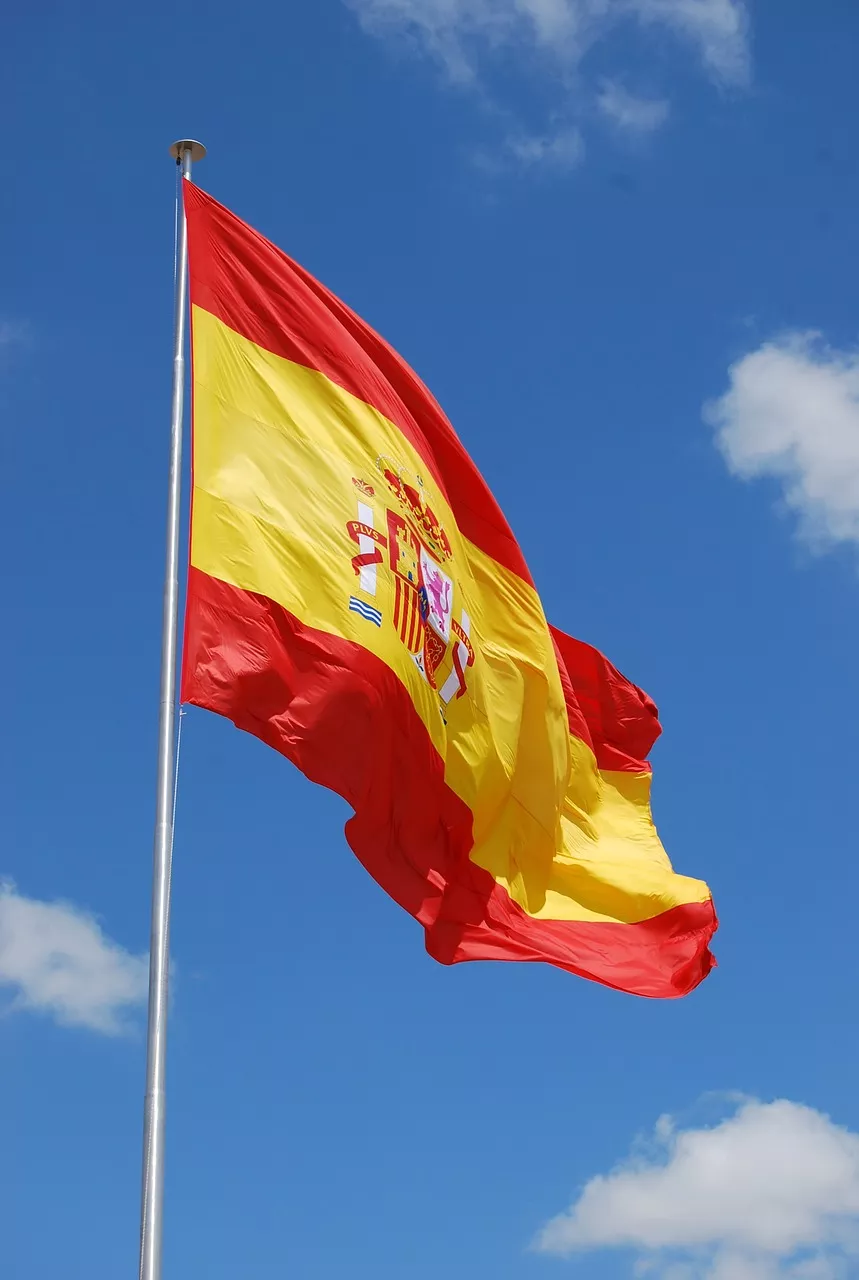
Spain, a country located on the Iberian Peninsula in southwestern Europe, with an area of approximately 505,990 square kilometers, is the fourth largest country in the European Union. It borders France to the north, Portugal to the west and Andorra to the northeast. It is washed by the Mediterranean Sea to the south and east, while the Atlantic Ocean to the west and south.
Over 47,000,000 people live here, of which more than 3 million live in the capital, Madrid. As a constitutional monarchy, Spain has a king and queen as heads of state. The current monarch is King Philip VI. (reigned since 2014). Spanish (Castilian) is spoken here, and in various regions also Catalan, Galician or Basque.
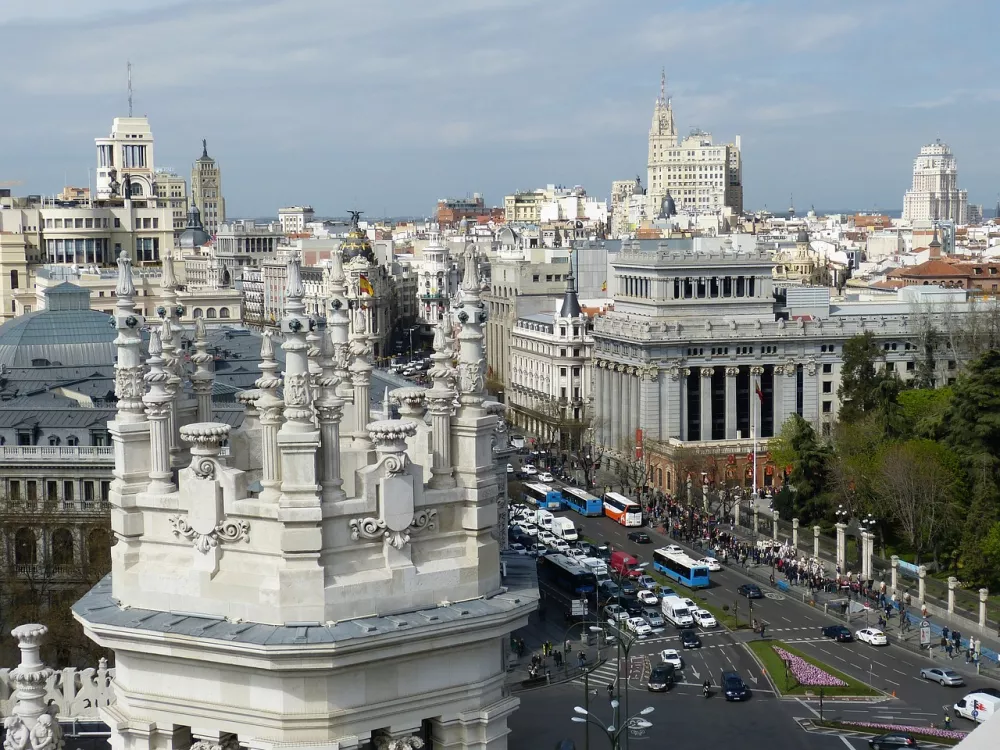
Spain was an important center of the Roman Empire, then it was controlled by the Germans and the Moors. In the 15th and 16th centuries, it became a powerful colonial empire with extensive states in the Americas, Asia, and Africa. Spain played an important role during the period of overseas discovery.
Spain's cultural assets include flamenco music and dance, books from the golden age of Spanish literature, and delicious Spanish cuisine, including tapas and paella. Tourists from all over the world visit famous places such as Barcelona with the architecture of Antoni Gaudí, the Alhambra in Granada or the beaches of the Costa del Sol.
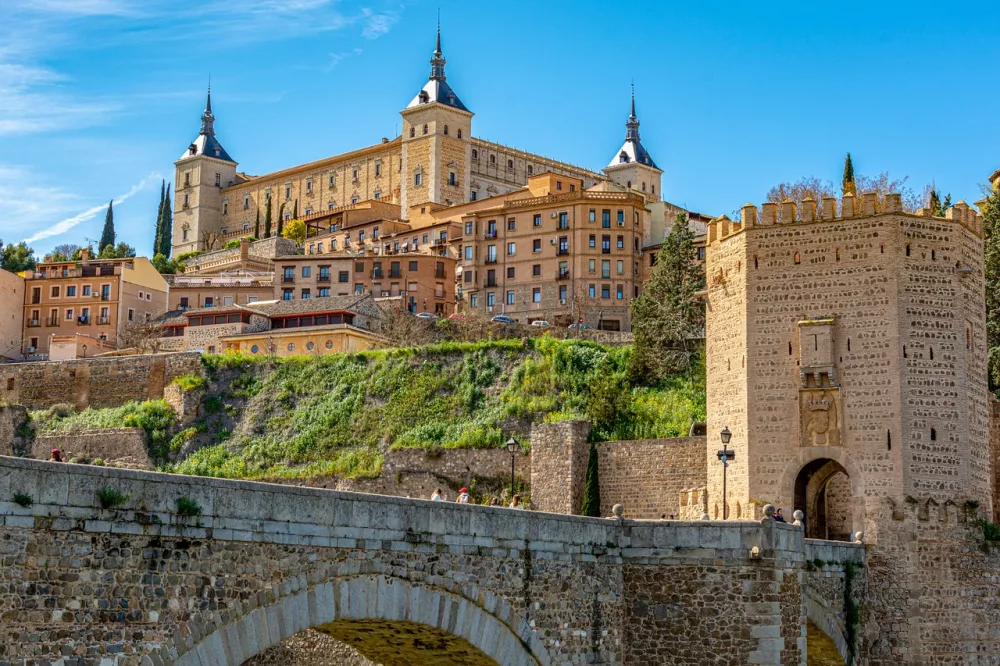
The Spanish economy is one of the largest in Europe and contributes significantly to the global economy. Key industries include tourism, automotive, food manufacturing, banking and financial services. From agriculture, we highlight the cultivation of vines, citrus fruits, and vegetables. Spain holds the world leadership in the cultivation and processing of olives.
Spain is also known for its sporting achievements, especially in football. The Spanish national team won the FIFA World Cup in 2010 and the European Championship twice. Other popular sports include basketball, tennis and cycling.
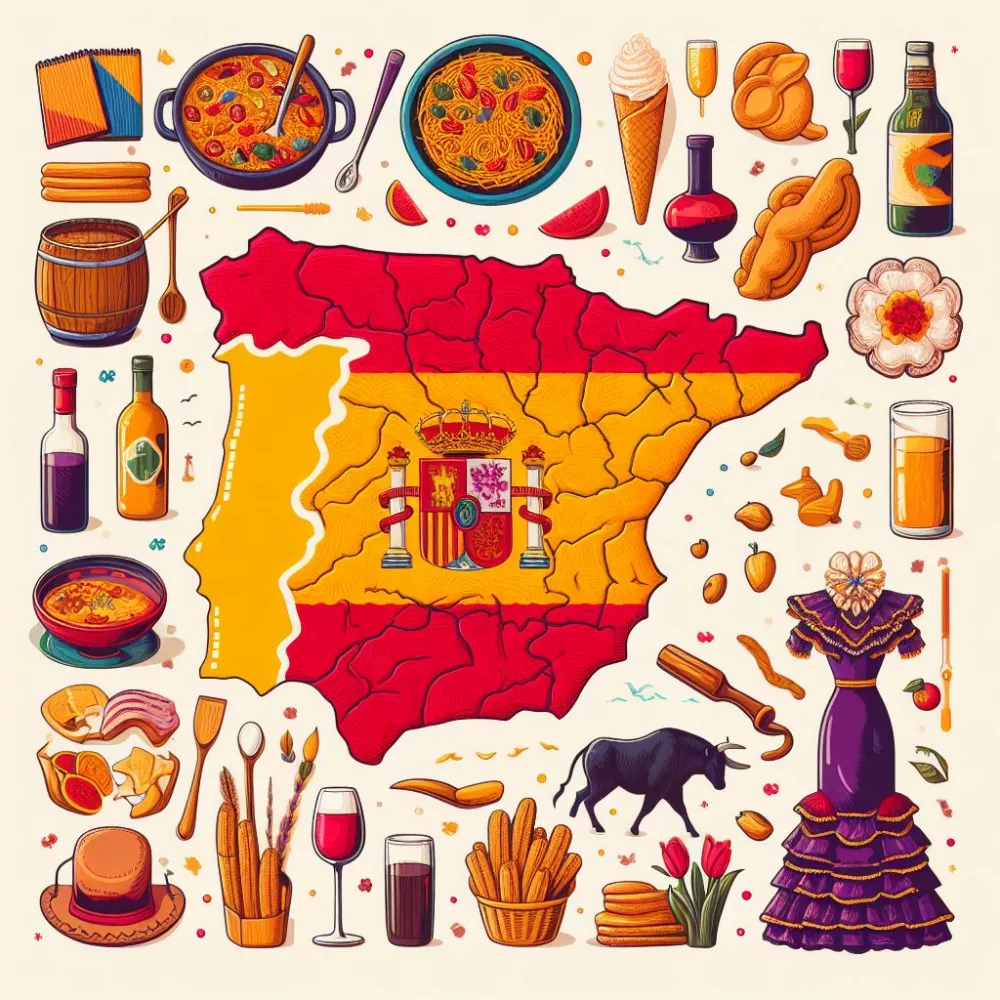
You can choose accommodation in Spain on A-Hotel.com or on Booking.com